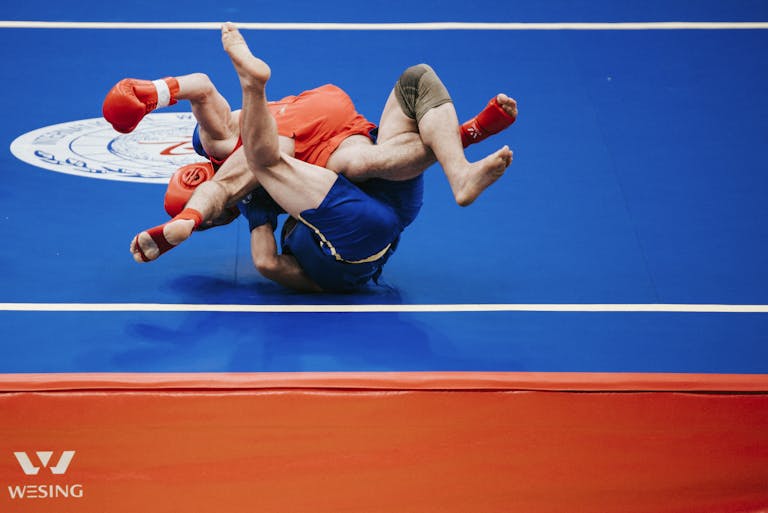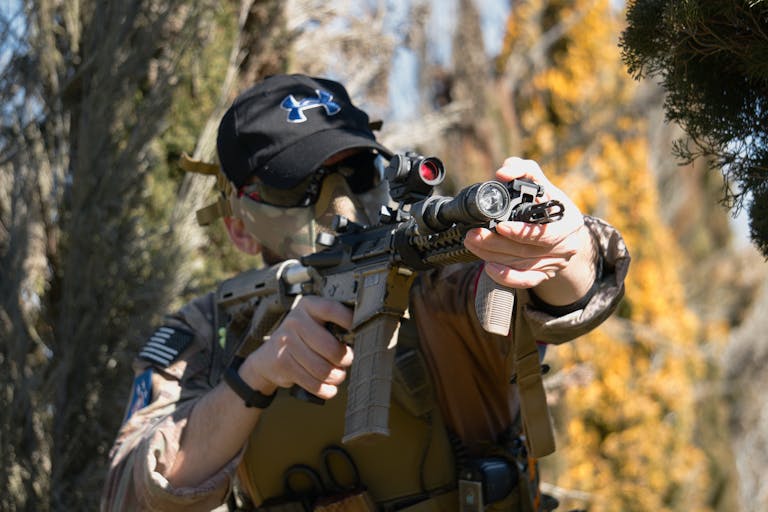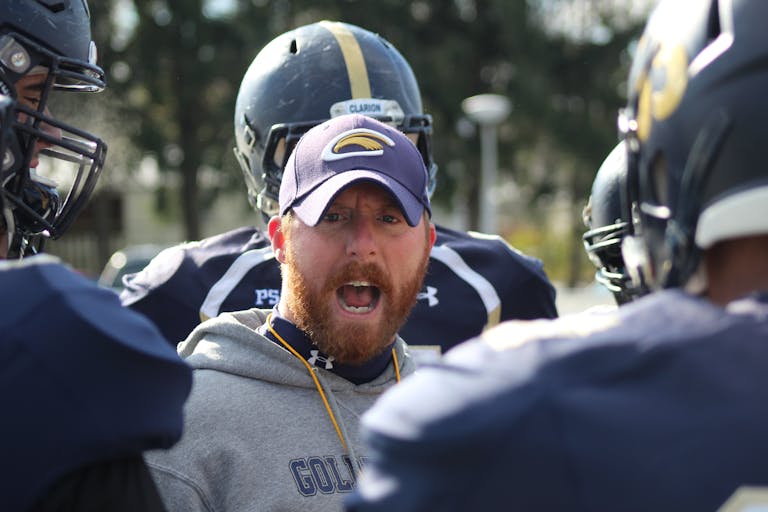Internships, Side Hustles, and Off-Season Work: The Smart Athlete’s Guide

Internships, Side Hustles, and Off-Season Work: The Smart Athlete’s Guide
Ask a dozen successful former student-athletes how they got a jump on life after college, and most will say it started with what they did off the field. In today’s NIL era, the off-season isn’t just for rest—it’s your secret weapon for building experience, growing your network, and stacking cash for the future. Here’s how the smartest athletes make every off-season a game-changer.
1. Why Off-Season Work Matters More Than Ever
Sports careers are unpredictable, and even with NIL income, athletes need backup plans and extra skills.
The off-season is the best time to:
- Gain real-world experience in fields that interest you
- Build a résumé that stands out (even against non-athletes)
- Grow your network of professional contacts and future mentors
- Earn extra income without the time crunch of in-season demands
This isn’t just about “busywork”—it’s about setting yourself up for life after college, and maybe even discovering a passion that lasts beyond your playing days.
2. Internships: Not Just for Business Majors
Internships come in all shapes and sizes. Whether you’re a finance major, future coach, or interested in social work, there’s something for everyone.
Where to start:
- Ask your athletic department—many schools have partnerships with local businesses, alumni, and sponsors specifically for athletes.
- Connect with NIL sponsors—they may offer short-term roles, project work, or shadowing opportunities.
- Use your network—coaches, professors, and alumni love to help athletes who show initiative.
- Don’t overlook virtual or “micro-internships”—these are project-based, remote, and flexible for athletes with unpredictable schedules.
What to look for:
- Companies or organizations aligned with your interests or career goals
- Roles that offer real skills—communication, leadership, time management, technical skills
- Opportunities that let you try new things or learn about industries you’re curious about
3. Side Hustles: From NIL to Entrepreneurship
Today’s athletes have more options than ever to make money and build skills outside the classroom.
Popular athlete-friendly side hustles:
- Personal training or coaching younger athletes (in person or online)
- Selling branded merchandise (t-shirts, hats, digital products—check NIL compliance!)
- Freelance work (writing, design, social media, tutoring—especially if you’ve built a platform with NIL)
- Refereeing or officiating local games and tournaments
- Running sports clinics or summer camps in your hometown or college town
Pro tips:
- Always clear any side hustle with your school’s compliance office to avoid eligibility issues.
- Track all income and expenses—side gigs are a crash course in entrepreneurship and money management.
4. Real Jobs: Building Skills for Life
Traditional jobs aren’t always glamorous, but they teach reliability, responsibility, and customer service—skills every employer values.
Ideas for off-season jobs:
- Campus jobs (student center, athletic department, dining hall)
- Retail or restaurant work (especially if you want to learn sales, management, or business basics)
- Lifeguarding, camp counselor, or event staff at local venues
Why it matters:
- These jobs build time management and people skills
- You’ll meet people outside your usual circle, expanding your network
- Every “real world” job is a story for your résumé and future interviews
5. Balancing Work and Recovery
You can’t win in life if you burn out in the off-season.
- Choose roles that fit your training schedule and allow for rest and recovery.
- Prioritize jobs and internships that understand your athletic commitments.
- Make a plan (with your coach or mentor) to balance work, training, and downtime.
6. How to Find (and Land) the Best Opportunities
- Start looking early. The best internships and jobs go to athletes who reach out months in advance.
- Update your résumé with every new experience—NIL, leadership roles, and community service count!
- Practice your interview skills (athlete stories are often your strongest answers).
- Use your athletic network—ask for introductions and don’t be afraid to “name drop” your sport and school. People love helping athletes.
7. Leveraging Off-Season Wins for Your Future
Every off-season job, internship, or side hustle is a step toward life after sports.
- Ask supervisors for references and recommendations.
- Write down what you learn after each experience—skills, strengths, what you liked or didn’t.
- Add every accomplishment to your résumé, LinkedIn, and NIL portfolio.
Final Thoughts
Your off-season is a launchpad for success. The athletes who use this time to build, learn, and connect walk away with more than memories—they build security, skills, and the confidence to win in any arena. Whether you’re chasing a pro career or prepping for life beyond the game, smart off-season work is your unfair advantage.






